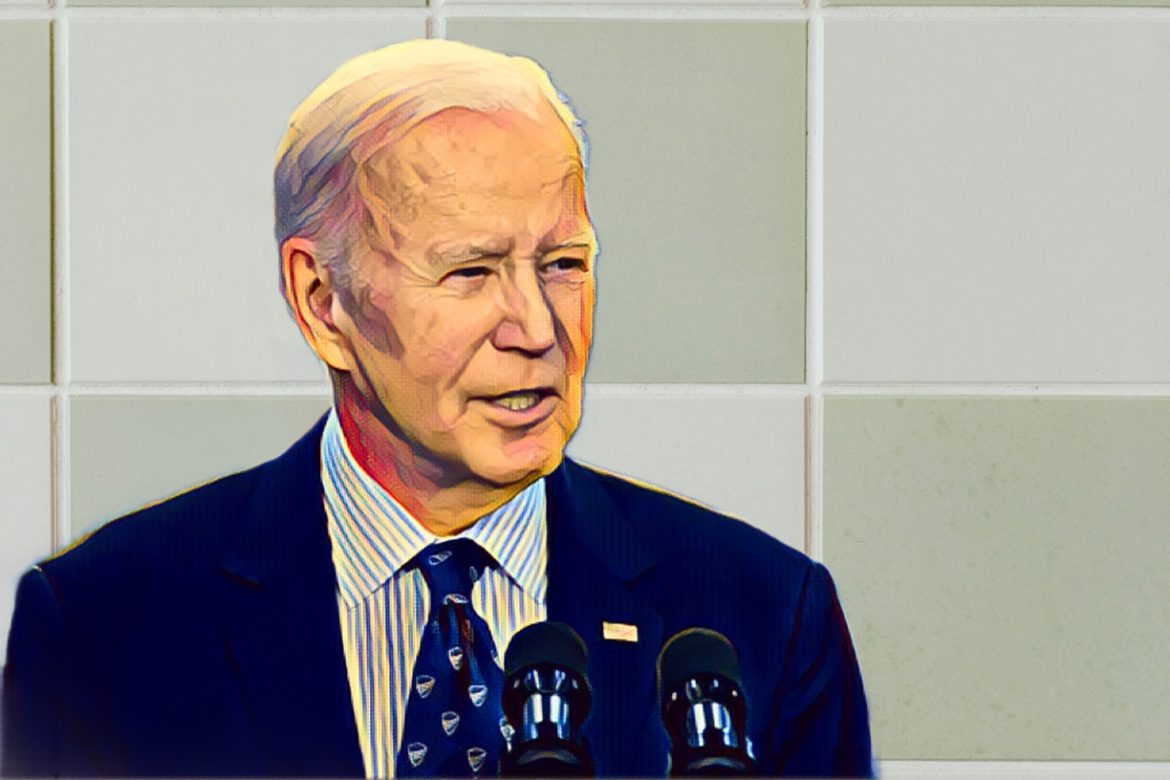KEY POINTS
- Biden to block new oil drilling across 625 million acres.
- Ban aligns with goals to decarbonize the U.S. economy by 2050.
- Legal authority prevents future reversals of offshore drilling bans.
President Joe Biden plans to block new offshore oil and gas development across 625 million acres of U.S. coastal waters, Bloomberg News reported Friday.
The sweeping ban, expected to be announced on Monday, will apply to stretches of the Atlantic and Pacific Oceans and the eastern Gulf of Mexico, according to anonymous sources cited in the report.
The decision, set to solidify Biden’s climate legacy, will leave some areas in the central and western Gulf of Mexico available for new oil and gas leases. These areas currently account for approximately 14 Percent of the nation’s production of oil and natural gas.
According to Reuters, the White House did not immediately comment on the report. Nevertheless, the decision empowers Biden to decarbonize the American economy by 2050, which is the main element of the administration’s climate agenda.
Protecting vast coastal waters under landmark decision
The ban would make use of the Outer Continental Shelf Lands Act, a federal law granting presidents authority to restrict offshore drilling activities. Biden’s decision will depict huge portions of the United States’ coastal areas as off-limits for drilling which would spare them for future generations.
According to The New York Times, the act provides presidents significant leeway to bar drilling without provisions allowing future administrations to overturn such decisions. This legal framework was upheld in 2019 when a federal judge ruled against former President Donald Trump’s attempt to reverse bans put in place by his predecessor, Barack Obama.
Using this authority, Biden follows a line of U.S. presidents who have commissioned executive action to safeguard coastal increments and climate change.
Promoting further the process of decarbonization and climate change mitigation
The ban correlates with Biden’s overall plan to address climate change, which seeks to have the U.S. economy emissions-free by 2050 at the latest. The action is carried out against the background of other actions by the Biden administration to curb climate change by reducing fossil fuel production and encouraging clean energy production.
Biden’s use of the Outer Continental Shelf Lands Act highlights the importance of legislative tools in achieving long-term climate goals. Experts see this move as pivotal in reducing the environmental impact of oil drilling and protecting marine ecosystems in U.S. waters.
However, some coastal regions continue to accept new oil and gas leases, the vast majority of these measures are a major triumph for climate action in the United States. The initiative is likely to encounter industry opposition, but Biden’s administration is fully committed to environmental protection.



